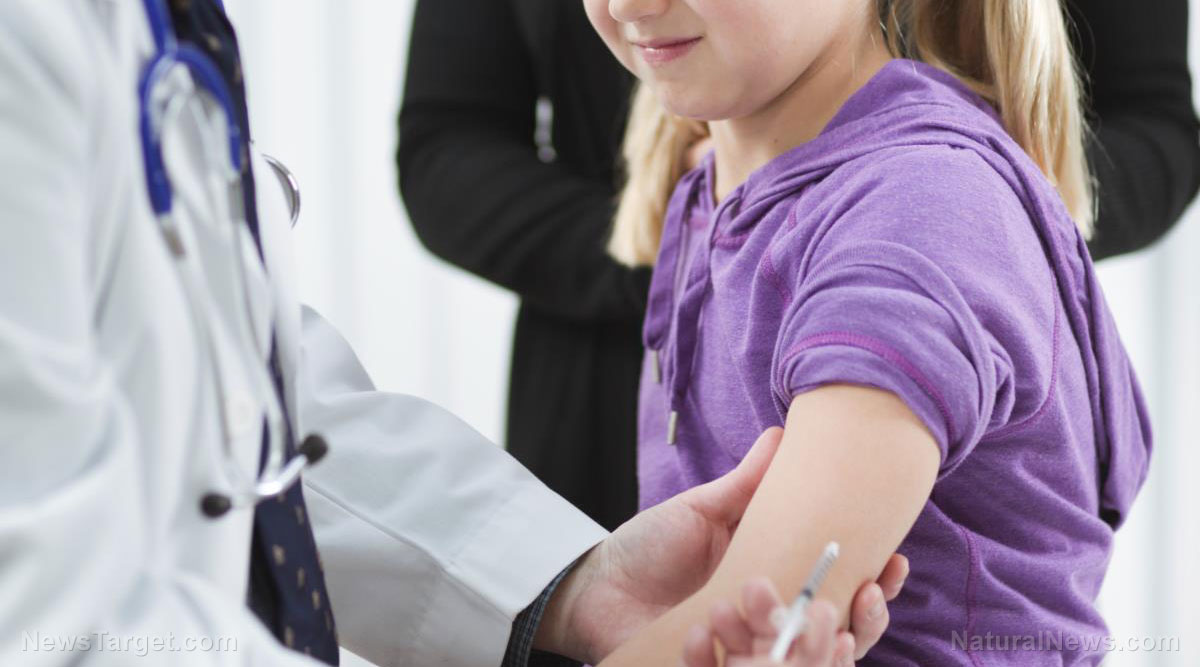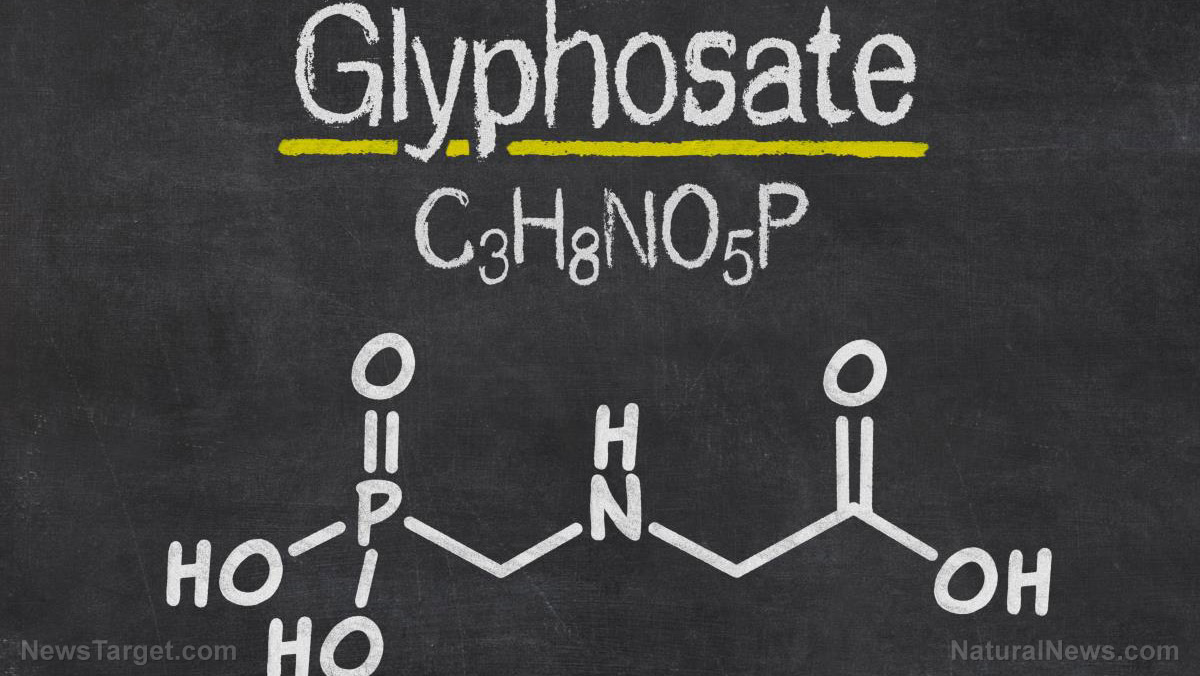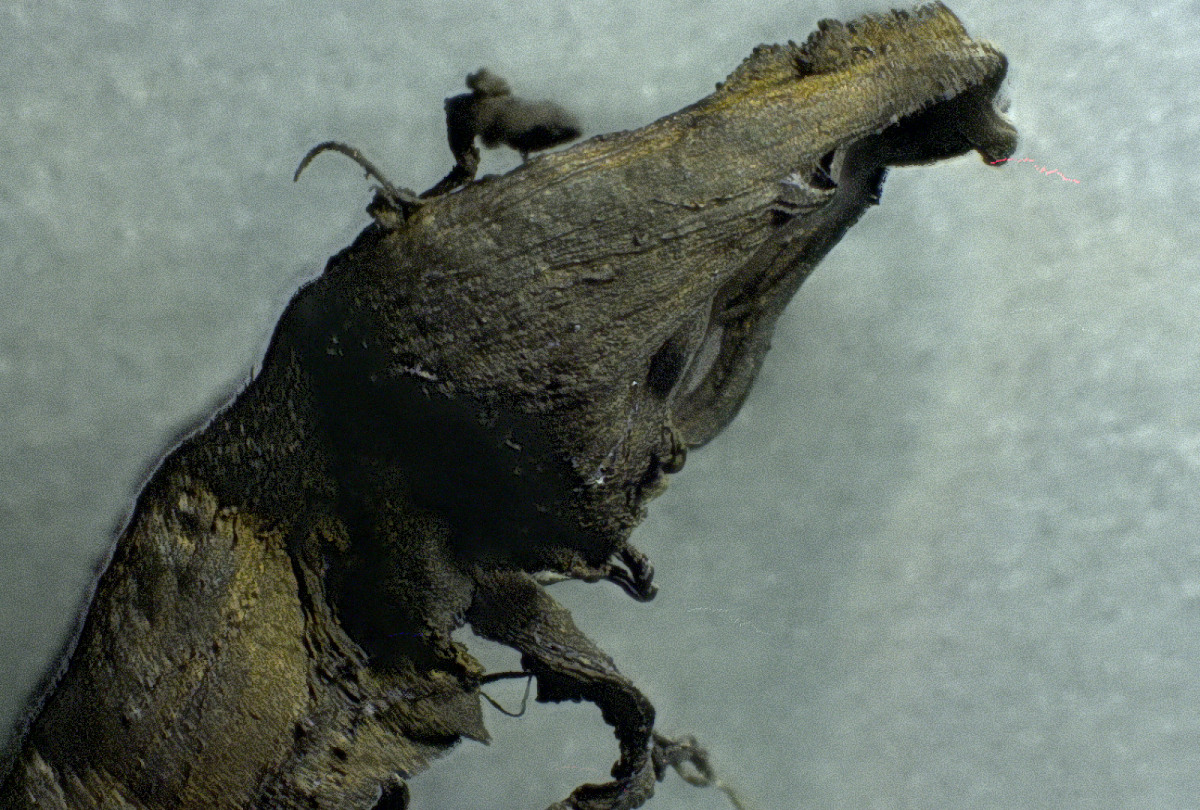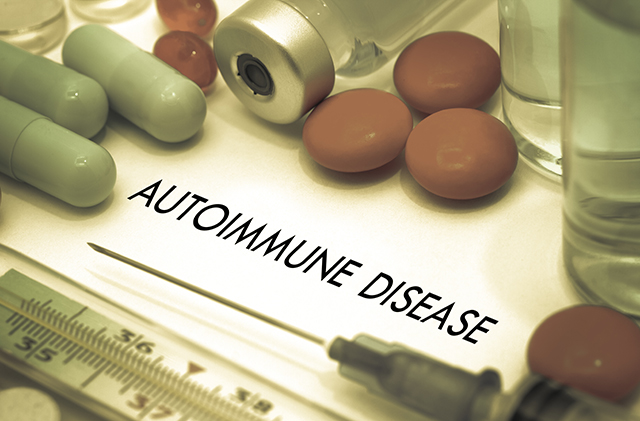Moderna to start testing its mRNA COVID-19 vaccine on children – are parents really letting their kids serve as guinea pigs?
12/03/2020 / By Cassie B.

Moderna has announced that it will start testing its COVID-19 vaccine in children in a large, late-stage trial. The U.S. National Library of Medicine’s registry indicates that the study will include 3,000 participants aged 12 to 17.
Half of the volunteers will receive two shots of the Moderna vaccine four weeks apart, while the other half will be given placebo injections. According to the website, the study is expected to finish in June 2022.
The news comes only two days after Moderna’s announcement that its vaccine is 94.1% effective at preventing the disease. The company has also applied to the FDA for emergency use authorization. They are planning to use testing locations in New York, Texas, Utah, Minnesota and Oklahoma.
There are so many ways this could go wrong
The idea of volunteering your kids for any sort of medical trial is hard to comprehend, but the stakes are even higher in the case of Moderna’s vaccine, which is being developed in a partnership with the National Institutes of Health.
It’s an mRNA vaccine, which means it uses a part of the genetic code of the pathogen, or messenger RNA, to help the body recognize the virus and then attack it should a person be infected. It essentially tricks the body into creating viral proteins, which the immune system recognizes and then generates a defensive response against.
Early clinical trials for the various COVID-19 vaccines only involved non-pregnant adults. In fact, Moderna volunteers were specifically told not to have children during the study; they had to pledge to use protection and had to sign a 20-page consent form.

During earlier trials of the vaccine, 15 percent of participants who were at the 250-microgram dose level suffered from serious adverse events within 43 days of getting the vaccine. Their injuries were so bad that they were considered Grade 3 systemic events, which the FDA defines as “preventing daily activity and requiring medical intervention.” Are people really willing to sign their kids up to try this?
Children are not simply smaller versions of adults; their immune systems and bodies work differently, and they often have different needs when it comes to treatment. They might also need different dosages or needle sizes depending on their age, weight and height.
Another potential issue is that the delivery mechanism in these vaccines uses LNP formulations that are PEGylated, which means that the nanoparticles are coated in a polymer called polyethylene glycol, or PEG.
PEG vaccines and drugs are controversial because of their high incidence of adverse reactions, including anaphylaxis. It’s estimated that 70 percent of Americans are sensitized to PEG, which means that there could be widespread negative effects. And it’s particularly risky for children, with parents of children who have used PEG-containing products like laxatives reporting severe neuropsychiatric symptoms such as mood swings, rage, paranoia and phobias.
Pfizer has been testing its own coronavirus jab on children since October, while AstraZeneca is testing on kids outside of the U.S.
Infectious disease expert Dr. Cody Meissner, who serves on the FDA’s Vaccines and Related Biological Products Advisory Committee, raised concerns about the vaccines to fellow committee members, saying that “Relatively speaking, it’s a very mild disease and I think we have to be very sure about safety of a vaccine in children.”
It’s hard to imagine what kind of parent would be willing to let their child serve as a guinea pig for this experiment. The idea of giving an experimental vaccine that rewrites genetic code to a child who is still developing mentally and physically is unfathomable.
Some experts, as well as the mainstream media, have suggested that getting the vaccine is a brave act that can indirectly protect elderly loved ones, but the real heroes in this situation are the parents who protect their children from these potentially life-altering dangers.
Sources for this article include:
DailyMail.co.uk
Submit a correction >>
Tagged Under:
Child abuse, coronavirus, covid-19, COVID-19 vaccine, guinea pigs, Moderna, mRNA, pandemic, side effects, Trials, vaccine trials, vaccine wars, vaccines
This article may contain statements that reflect the opinion of the author




















